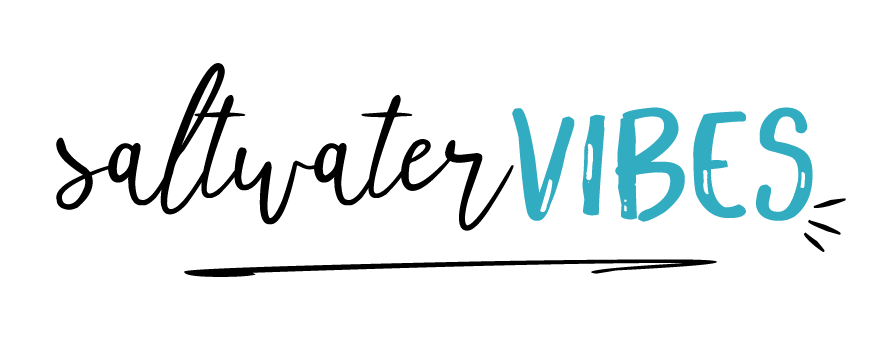Change: Offshore Oil Spills
Welcome to part three of our three part series on environmental issues within our oceans. Catch up on our most recent series here. Our oceans need our help if we want to keep exploring, enjoying and existing!
Offshore Oil Spills
The past few weeks we have explored different aspects of offshore drilling, including why we drill and what happens when it spills into our waters. But now, we’ve come to the most important part of the series: creating change.
When it comes to threats facing our environment, it can be incredibly overwhelming. What can you and I really do for our oceans, even when we’re thousands of miles away? This month, we’ve done our research on how we can all do our part, in even the smallest ways, when it comes to offshore oil spills.
Photo by Mitch Walker on Unsplash
Less is More
Everyday we use gas and electricity to live comfortably and conveniently. Unfortunately, it is for this reason that we are drilling in our waters. As mentioned in the first post of the series, on average the U.S. alone uses 19.6 million barrels of crude oil in one day. We are drilling more because, we need more and we are running out of spots to drill on land.
One of the quickest ways to prevent oil spills in our waters is simply to stop drilling. How do we do this? You and I as consumers, need to stop demanding so much of it. We’ve all heard it before but by turning off lights, unplugging items when we aren’t using them or even walking, biking or carpooling more, we can easily reduce the use of oil in the U.S. The trick to this, is a collective effort. While one or two of us DO make a difference by making these changes, it is the changes we make TOGETHER, as a community, that really make big impacts for our environment.
Photo by Clem Onojeghuo on Unsplash
Demand Better
When the British Petroleum Oil Spill happened communities and the environment alike were both devastated. Different industries across the U.S. reeled from the spill, the ecosystem surrounding the spill quickly deteriorated, and on the Deepwater Horizon Rig, 11 workers lost their lives that day. And yet, hardly any new policies have been passed to make changes to safer offshore drilling.
Photo by Jeremy Bishop on Unsplash
As smart consumers, we must demand better from not only our politicians but from our businesses. The reality is that oil, like a drug, is something we cannot stop consuming. We need it to function in our day-to-day lives. But our demand for it should NEVER surpass the demand for safer conditions, rules and equipment needed to extract it. When we overlook this, tragedies like the BP Oil Spill can easily happen.
Whether it be contacting your local politicians or writing to oil and gas companies asking what exactly they are doing to make offshore drilling safer, we need to have our voice heard. Speak up and let them know you’re watching what they’re doing. After all, educated consumers are many companies worst fear.
Photo by Kekai AhSam on Unsplash
Oil Spill Technologies
Beyond donating money, many companies have focused on donating time and technologies that could prove to be useful in any oil spills that occur in the future. For example, researchers at the University of Michigan created the Smart Filter Technology, which can separate oil and water by gravity not chemicals. The material repels oil and attracts water, making it easy for clean up crews to filter out oil.
Another scientist from Penn State, created an innovative material used to soak up oil through a ‘cloth’ called polymer, which absorbs oil out of water and transforms it into a substance called, ‘petrogel’, a gel-like material made out of crude oil. The cloth can be used to soak up more than 5 gallons of crude oil and the transported to oil facilities to be turned back into useful crude oil for consumption.
Photo by Sencer Yılmaz on Unsplash
Many new innovative technologies have emerged to not only make oil drilling offshores safer, but also to clean up after disasters. With combined efforts to create safer drilling technology and developing effective clean-up methods, we can easily reduce the impact we cause on marine ecosystems.
But what really will be most effective in preventing these tragedies? A strategy that combines. To face an issue this large, we need to be on the same team: consumers and businesses alike. Our oceans are an irreplaceable resource to us. If they deteriorate, so will we. It's for this reason we must protect them. Thanks for joining us on this series of Saving Blue.





